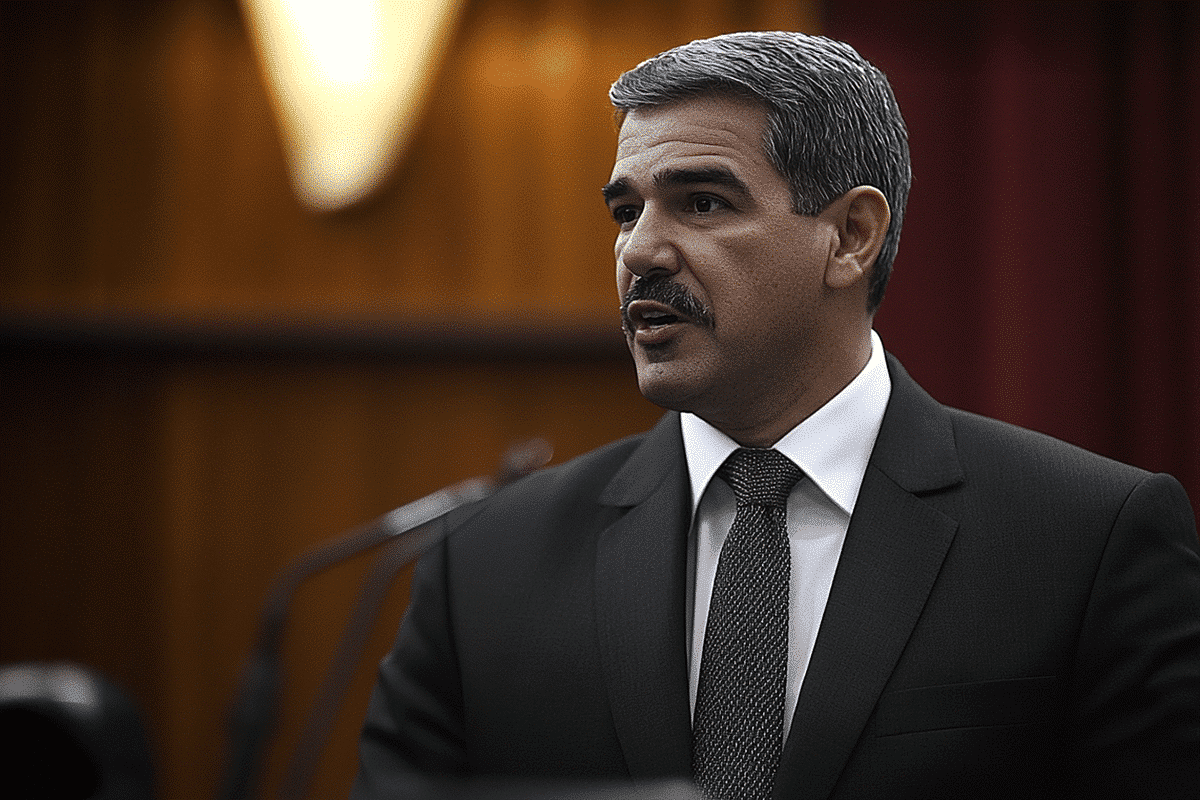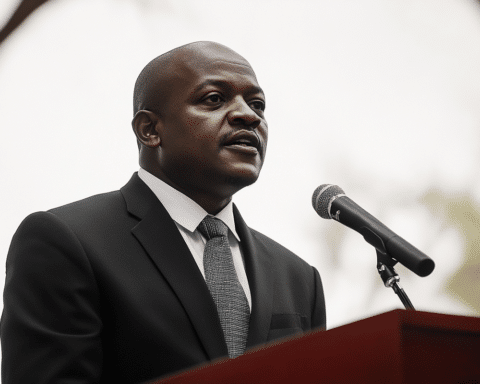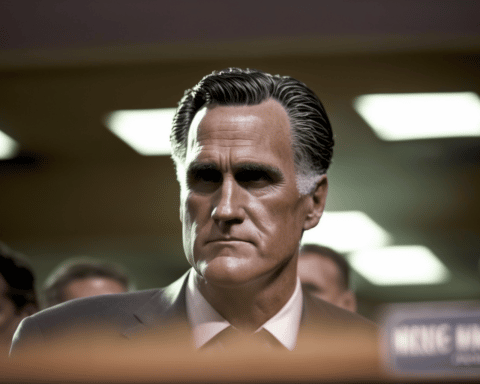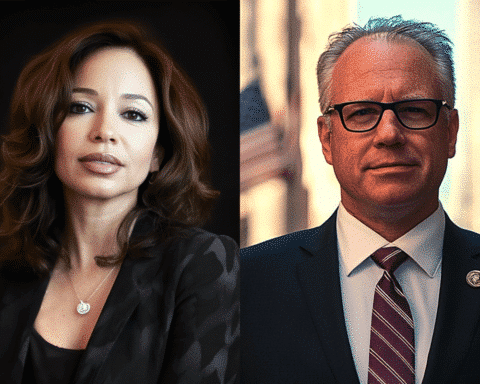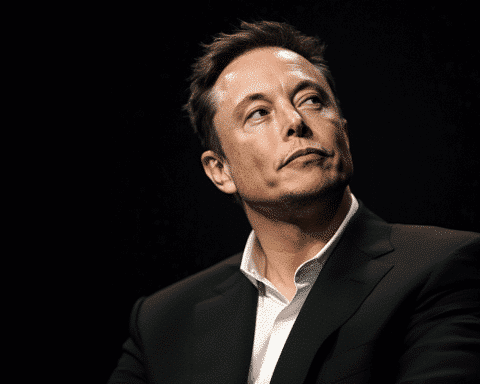Venezuela finds itself in turmoil as traditional allies abandon President Nicolas Maduro following Sunday’s controversial election. Maduro, claiming a victory with 51.2% of the vote, now faces significant international skepticism. While Cuba, Nicaragua, Honduras, Bolivia, Russia, China, and Iran quickly recognized his win, notable absences in support came from Brazil, Mexico, and Colombia. These countries, typically aligned with left-wing movements, have demanded concrete evidence of Maduro’s victory, a significant departure from their usual diplomatic stance.
The Carter Center, which monitored the election, reported that the process failed to meet international standards of electoral integrity, thereby disqualifying it from being considered democratic. This damning report adds to the growing pressure on Maduro to substantiate his claims, casting a shadow over his alleged victory.
North America and Europe’s Call for Transparency
The United States and Canada have responded to the election with calls for detailed vote results. Both nations, alongside the European Union, are pushing for transparency, although neither has formally recognized Edmundo González, the rival candidate, as the winner. This approach contrasts sharply with the Trudeau government’s proactive stance five years ago when Juan Guaido emerged as a rival president to Maduro. At that time, Canada hosted the Venezuelan opposition in Ottawa and helped form the Lima Group with Peru to peacefully oust Maduro.
Now, the response is more measured, with Washington and Ottawa urging for a clear accounting of the votes without taking immediate sides. The European Union joins them in this demand for transparency, emphasizing the need for legitimacy in the electoral process.
Brazil’s Firm Stance
Brazil’s President Luiz Inácio Lula da Silva, historically aligned with the socialist movement initiated by Hugo Chavez, has now taken a firm stance against Maduro’s unsubstantiated claims. In a conversation with U.S. President Joe Biden, Lula agreed on the necessity for Maduro to provide proof of his victory. Lula’s envoy, Celso Amorim, met with Maduro in Caracas, pressuring him to release detailed voting results. This marked a significant shift in Brazil’s diplomatic approach towards Venezuela.
Lula later appeared on Brazil’s Globo TV, emphasizing that the solution to the Venezuelan impasse is straightforward: Maduro should present the voting records. He stressed that those who disagree have the right to express their concerns and prove their stance, while the government must demonstrate the legitimacy of its claims. This call for transparency underscores Brazil’s commitment to democratic principles, even as it distances itself from Maduro’s administration.
The Opposition’s Strong Claim
The Venezuelan opposition, which was notably organized and unified, claims to have won the election by a significant margin. They have collected paper receipts from almost all polling stations, with 81% of these actas digitized by midnight Tuesday. These records show González with over seven million votes, more than double Maduro’s count, suggesting a substantial lead for the opposition.
Following the opposition’s publication of vote records, Peru recognized González as president-elect, triggering a diplomatic fallout. Venezuela severed diplomatic relations with Peru and six other Latin American countries, accusing them of alleging or implying fraud. This escalating tension highlights the deepening crisis in Venezuela and the international community’s growing impatience with Maduro’s regime.
Arrests and Military Uncertainty
Senior figures in the Maduro government have indicated that opposition leaders Maria Corina Machado and Edmundo González would face arrest. However, by the time of publication, these arrests had not occurred. Reports emerged of opposition leader Freddy Superlano being taken by masked men, with similar abductions reported across the country. This crackdown on opposition figures signals a desperate attempt by Maduro to maintain control amidst growing unrest.
The loyalty of the armed forces remains a crucial factor in the unfolding crisis. While Maduro retains control of the military, the rank-and-file soldiers’ commitment is uncertain. The government has avoided testing their allegiance by ordering them to fire on crowds, which could include their own families. Maduro has warned that his party will not relinquish power without a civil war, while Machado has asserted that the opposition will only negotiate the transition, not the election results. The stage is set for a potentially violent confrontation as Venezuela’s political crisis deepens, with both sides bracing for the next steps.
